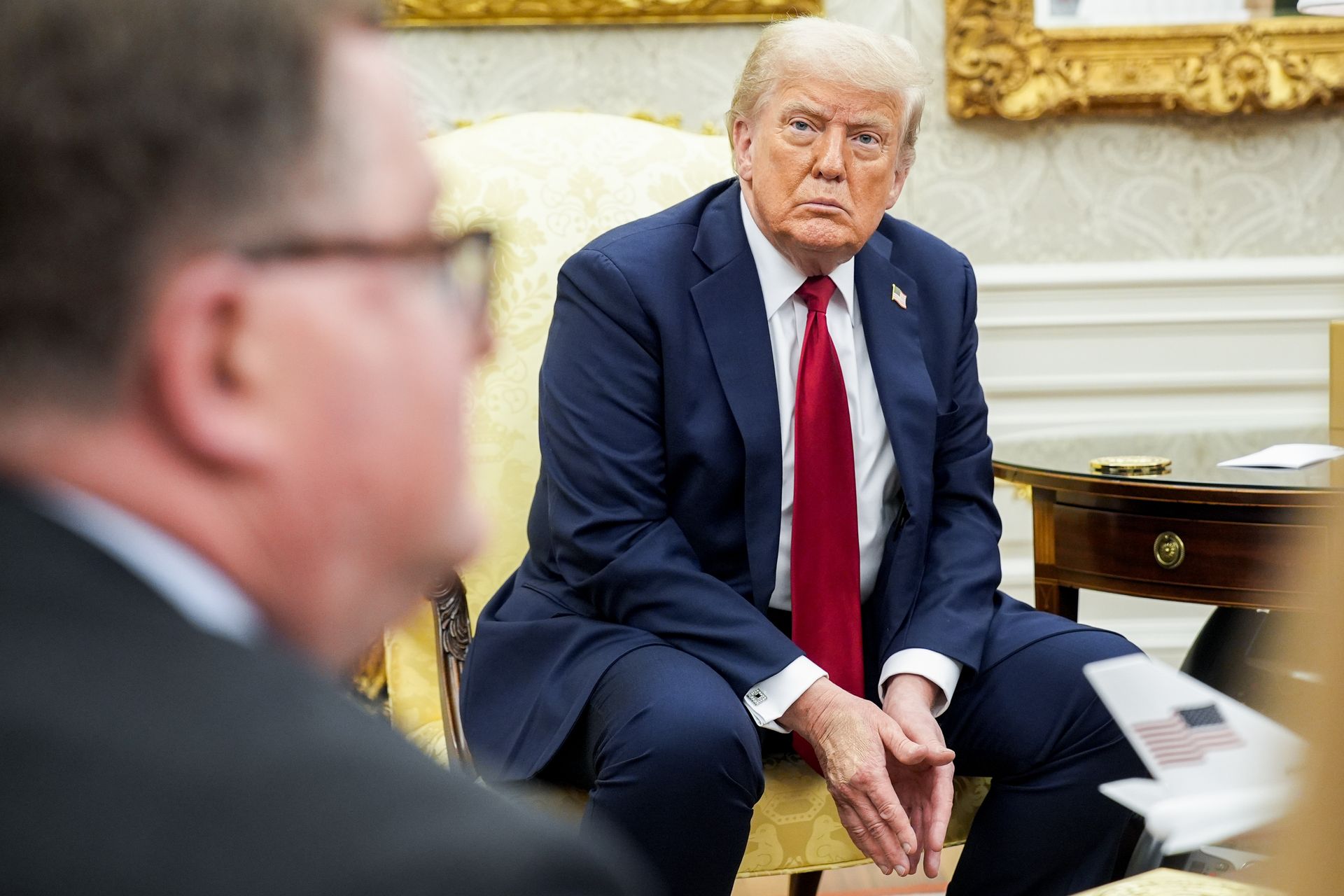'No one has been briefed' — Europe blindsided by Trump's Ukraine weapons deal

United States President Donald Trump's recently announced weapons deal for Ukraine has caught many allies off guard, with diplomats across Europe saying they were neither briefed nor consulted ahead of the announcement — a move that is now prompting confusion and frustration among key NATO partners.
Under Trump's proposal, NATO countries would donate Patriot missile systems to Ukraine, while the U.S. would sell newer replacements to those contributors. Speaking earlier this week alongside NATO Secretary General Mark Rutte, Trump claimed that some of the systems could be delivered to Ukraine "within days."
But according to several European and U.S. officials cited by Reuters on July 16, the plan appears to have been hastily devised and announced publicly without prior notification to the countries expected to be involved.
During his meeting with Trump, Rutte named six NATO countries — Finland, Denmark, Sweden, Norway, the Netherlands, and Canada — as willing participants in the weapons-purchasing scheme.
However, senior sources at two of those countries' embassies in Washington told Reuters they only learned of the plan as it was being announced. Even close U.S. allies appeared to be receiving details in real time.
"It is my clear sense that nobody has been briefed about the exact details in advance," said one European ambassador. "I also suspect that internally in the administration they are only now beginning to sort out what it means in practice."
Some officials, however, expressed early enthusiasm.
"We are ready to participate," Danish Foreign Minister Lars Lokke Rasmussen told reporters in Brussels on Tuesday, ahead of a European Union ministerial meeting.
Still, the specifics of participation remain unclear. When asked during a July 16 U.S. Department of State press briefing which — if any — countries had formally committed, spokesperson Tammy Bruce declined to offer any details.
One official who spoke to Reuters cited Germany, Greece, the Netherlands, and Spain as potential candidates to donate Patriots to Ukraine, either because they already have multiple systems or because their perceived threat levels are relatively low.
Meanwhile, both France and Italy have reportedly opted out of the initiative, citing a need to prioritize domestic defense spending.
"As always with these things, the devil is in the details," said one northern European ambassador in Washington, highlighting the lack of clarity surrounding Trump's proposed plan.
So far, no formal commitments have been confirmed, and key questions remain unanswered — including which countries will contribute Patriots, when they will arrive, and how the effort will be coordinated.
While Trump has portrayed the initiative as a breakthrough, many European officials say the lack of prior consultation has left allies scrambling to interpret what, if anything, will happen next.












